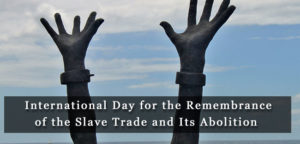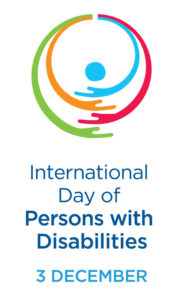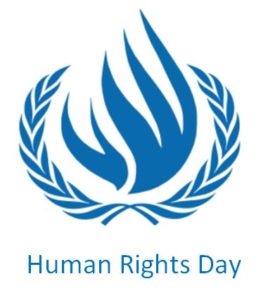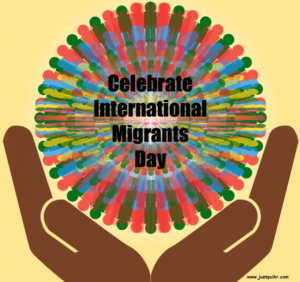
Native American Heritage Day recognizes the native American heritage, history and contributions. It’s the Friday after Thanksgiving Day in the United States. In 2008, President George W. Bush signed into law legislation introduced by Congressman Joe Baca (D-Rialto), to designate the Friday after Thanksgiving as Native American Heritage Day.
Native Americans are the descendants of the aboriginal, indigenous, native people who were the original inhabitants of the United States. American Indian Heritage Day aims to highlight the relationship between the United States government and the Native American governments, as well as honor the achievements and contributions of Native Americans to the US.
Native Americans have made distinct and significant contributions to the United States and the rest of the world in many fields, including agriculture, medicine, music, language, and art. Throughout history, Native Americans have distinguished themselves as inventors, entrepreneurs, spiritual leaders, as well as scholars.

December 1, 1955:Rosa Parks refuses to give up her seat to a white man on a Montgomery, Alabama bus. Her defiant stance prompts a year-long Montgomery bus boycott.

The focus of this day is on eradicating contemporary forms of slavery, such as trafficking in persons, sexual exploitation, the worst forms of child labour, forced marriage, and the forced recruitment of children for use in armed conflict. Today, an estimated 40+ million women, men and children are trapped in slavery all over the world. The International Labour Organization (ILO) has teamed up with prominent artists, athletes and advocates in its new campaign to End Slavery Now.
“In the 19th century, the international community came together to declare slavery an affront to our common humanity. Today, governments, civil society and the private sector must unite to eradicate all contemporary forms of slavery, including forced labour. Together, let us do our utmost for the millions of victims throughout the world who are held in slavery and deprived of their human rights and dignity.” – Secretary-General Ban Ki-moon
Learn more at: United Nations Abolition of Slavery

The International Day of Persons with Disabilities is marked around the world annually on 3 December, as per General Assembly resolution 47/3 of 14 October 1992, to promote awareness and mobilize support for critical issues pertaining to the inclusion of persons with disabilities in society and development.
“Let us spare no effort to ensure that policies, programmes, guidelines and 21st century technologies are accessible to persons with disabilities, and sensitive to their perspectives and experiences”. Secretary-General Ban Ki-moon.
Learn more on the UN website

International Volunteer Day (IVD) mandated by the UN General Assembly, is held each year on 5 December. It is viewed as a unique chance for volunteers and organizations to celebrate their efforts, to share their values, and to promote their work among their communities, non-governmental organizations (NGOs), United Nations agencies, government authorities and the private sector.
Apart from mobilising thousands of volunteers every year, the United Nations Volunteers (UNV) programme contributes to peace and development by advocating for the recognition of volunteers and working with partners to integrate volunteerism into development programming.
We LOVE our volunteers and reply upon and appreciate their help a great deal! If you’re interested in volunteering with us check out our Volunteer Pages.
 The UN General Assembly proclaimed 10 December as Human Rights Day in 1950, to bring to the attention ‘of the peoples of the world’ the Universal Declaration of Human Rights as the common standard of achievement for all peoples and all nations. It celebrates the fundamental proposition in the Universal Declaration that each one of us, everywhere, at all times is entitled to the full range of human rights, that human rights belong equally to each of us and bind us together as a global community with the same ideals and values.
The UN General Assembly proclaimed 10 December as Human Rights Day in 1950, to bring to the attention ‘of the peoples of the world’ the Universal Declaration of Human Rights as the common standard of achievement for all peoples and all nations. It celebrates the fundamental proposition in the Universal Declaration that each one of us, everywhere, at all times is entitled to the full range of human rights, that human rights belong equally to each of us and bind us together as a global community with the same ideals and values.
Click here to read the Universal Declaration of Human Rights

On December 18, the international community recognizes and celebrates the rights of migrants around the world. International Migrants Day is observed on 18 December in accordance with Resolution 55/93 of the United Nations General Assembly, adopted on 4 December 2000. The UN’s International Convention on the Protection of the Rights of All Migrant Workers and Members of Their Families (commonly referred to as the Migrant Worker’s Convention or Migrant Rights Convention) was approved by the UN General Assembly on Dec. 18, 1990.
Learn more about International Migrants Day on the UN website.

January 1 marks the start of National Mentoring Month, which focuses national attention on the need for mentors, as well as how each of us—individuals, businesses, government agencies, schools, faith communities and nonprofits—can work together to increase the number of mentors to assure positive outcomes for our young people.

